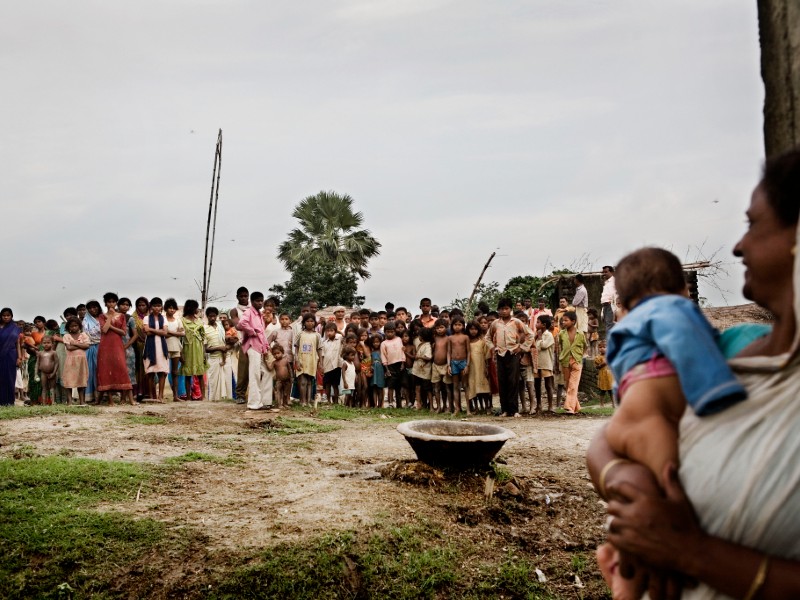Caste Discrimination
Am I not human? Do I not deserve to be treated with dignity and respect? Are my rights not human rights?
Vincent Manoharan, Patron, Dalit Solidarity Network UK
Caste discrimination is one of the worst human rights abuses in the world today. It is little understood and rarely acknowledged, and affects more than 260 million people worldwide. Through a hierarchical system, the assignment of basic rights among various castes is highly unequal, with those at the top enjoying most rights coupled with least duties and those at the bottom performing most duties coupled with no rights. The system is maintained through the rigid enforcement of social ostracism (a system of social and economic penalties).

Caste discrimination involves massive violations of civil, political, economic, social and cultural rights. It is often outlawed in countries affected by it, but a lack of implementation of legislation and caste-bias within the justice systems largely leave victims without protection.
The exclusion of so-called ‘lower caste communities’ by other groups in society and the inherent structural inequality in these social relationships lead to high levels of poverty among affected population groups. There is little access to benefits and development processes, and their position generally precludes involvement in decision-making and meaningful participation in public and civil life.
There are some key characteristics that are shared by those affected, regardless of geography or historical origin:
- The concept of ‘purity pollution’, where certain groups are viewed as being ‘dirty’ and thus contact with them is considered to be polluting (either ritually or physically).
- An inherited occupational role, typically the most menial and hazardous work within society, and in some areas an inherited status as a ‘slave’.
- A restricted or complete inability to alter one’s inherited status.
- Socially enforced restrictions on inter-marriage.
- A segregated location in which to live and restricted access to and use of public places.
- Subjection to debt bondage.
- A generalised lack of respect for human dignity and equality.
Caste is not just a division of labour, it is a division of labourers.
B.R. Ambedkar
